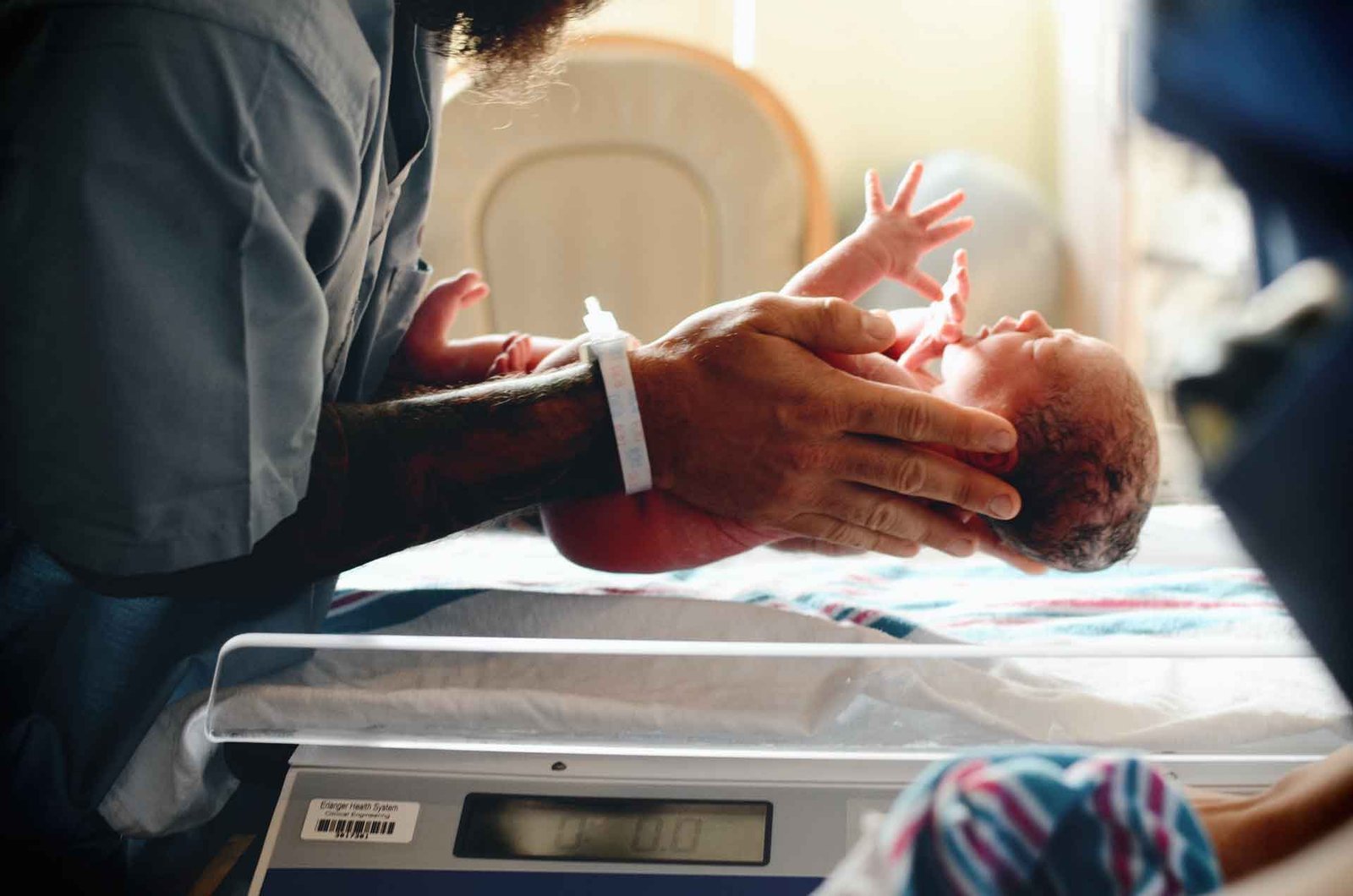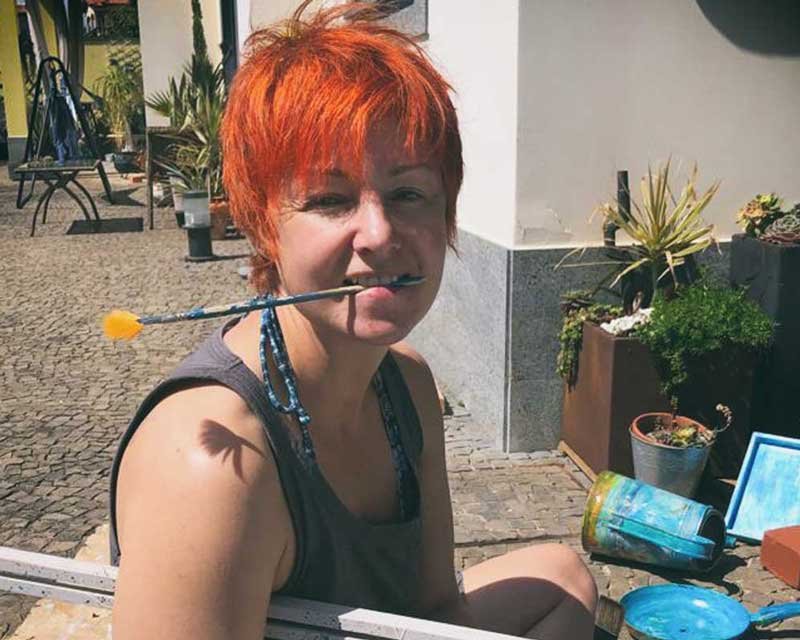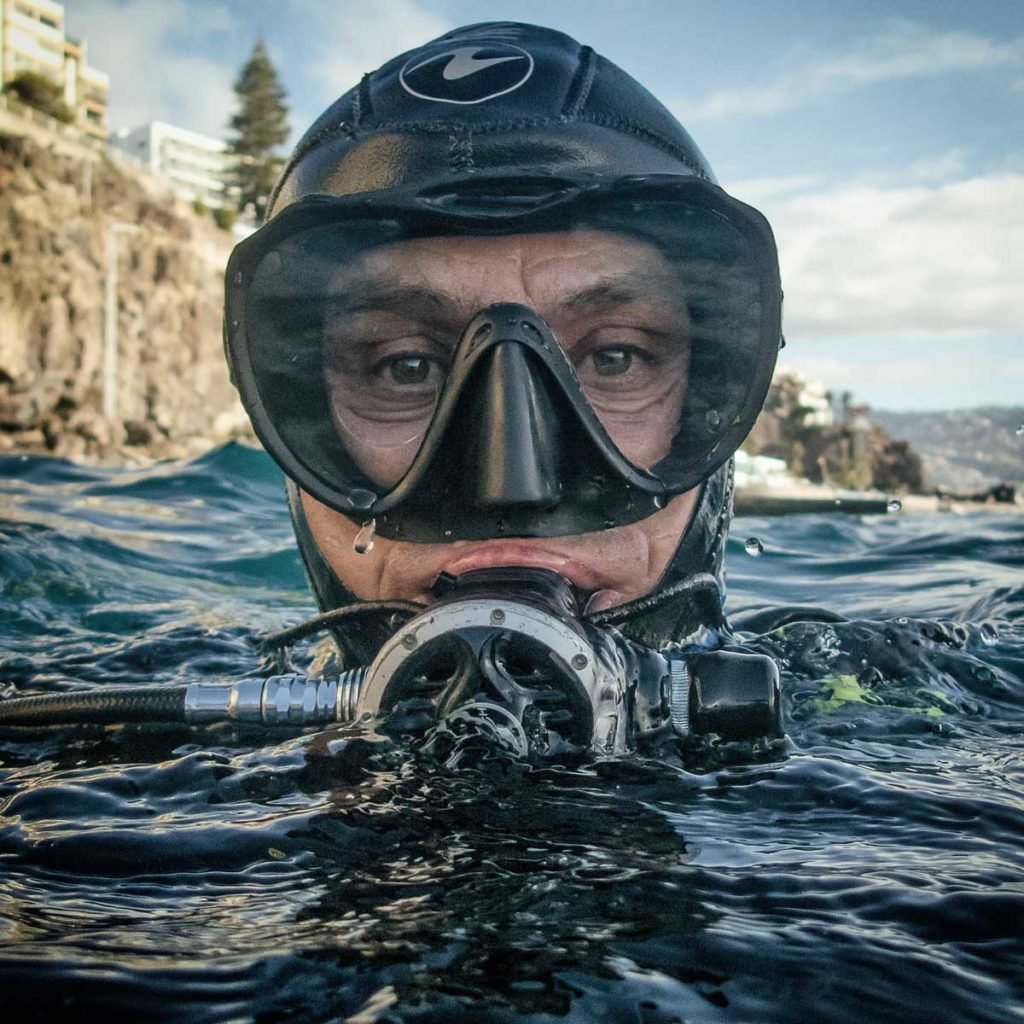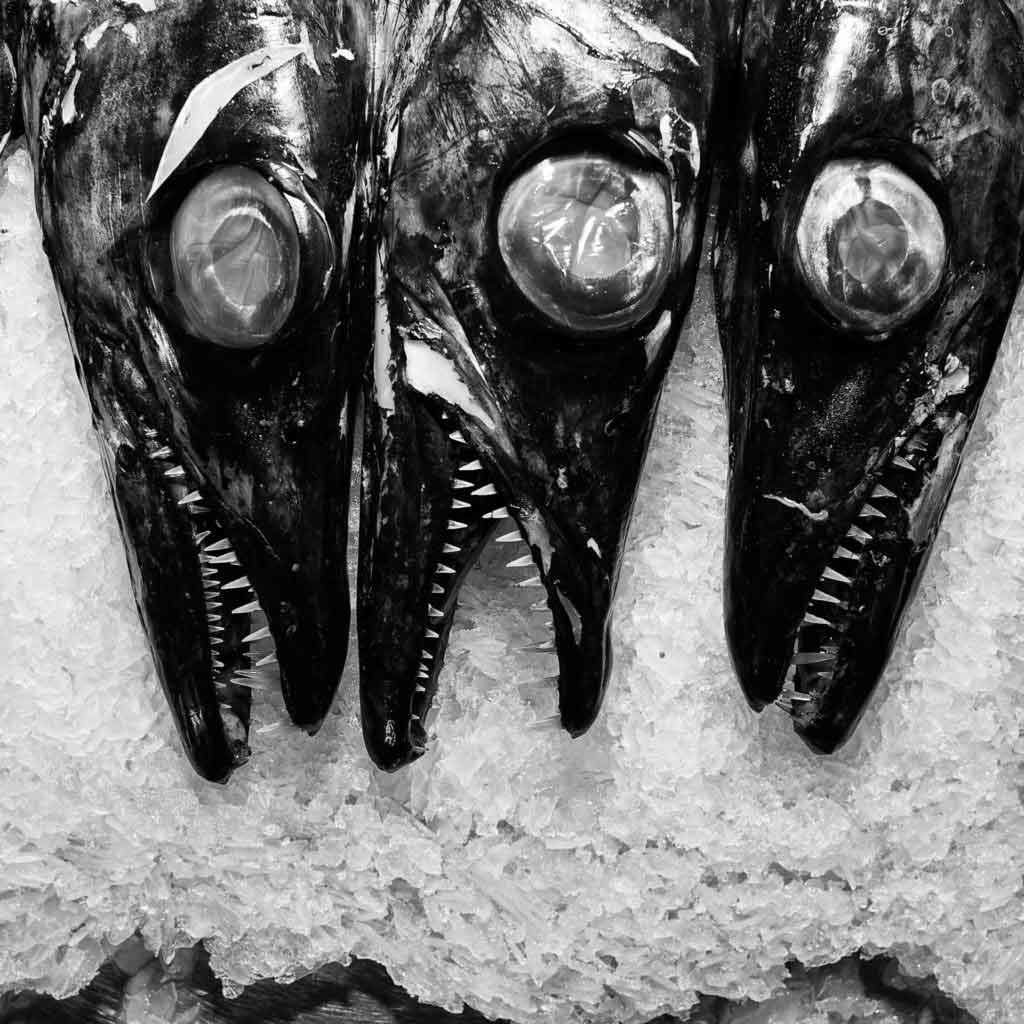All about the post-birth care in the Hospital of Madeira. What you should know if you are planning to give birth in Madeira.
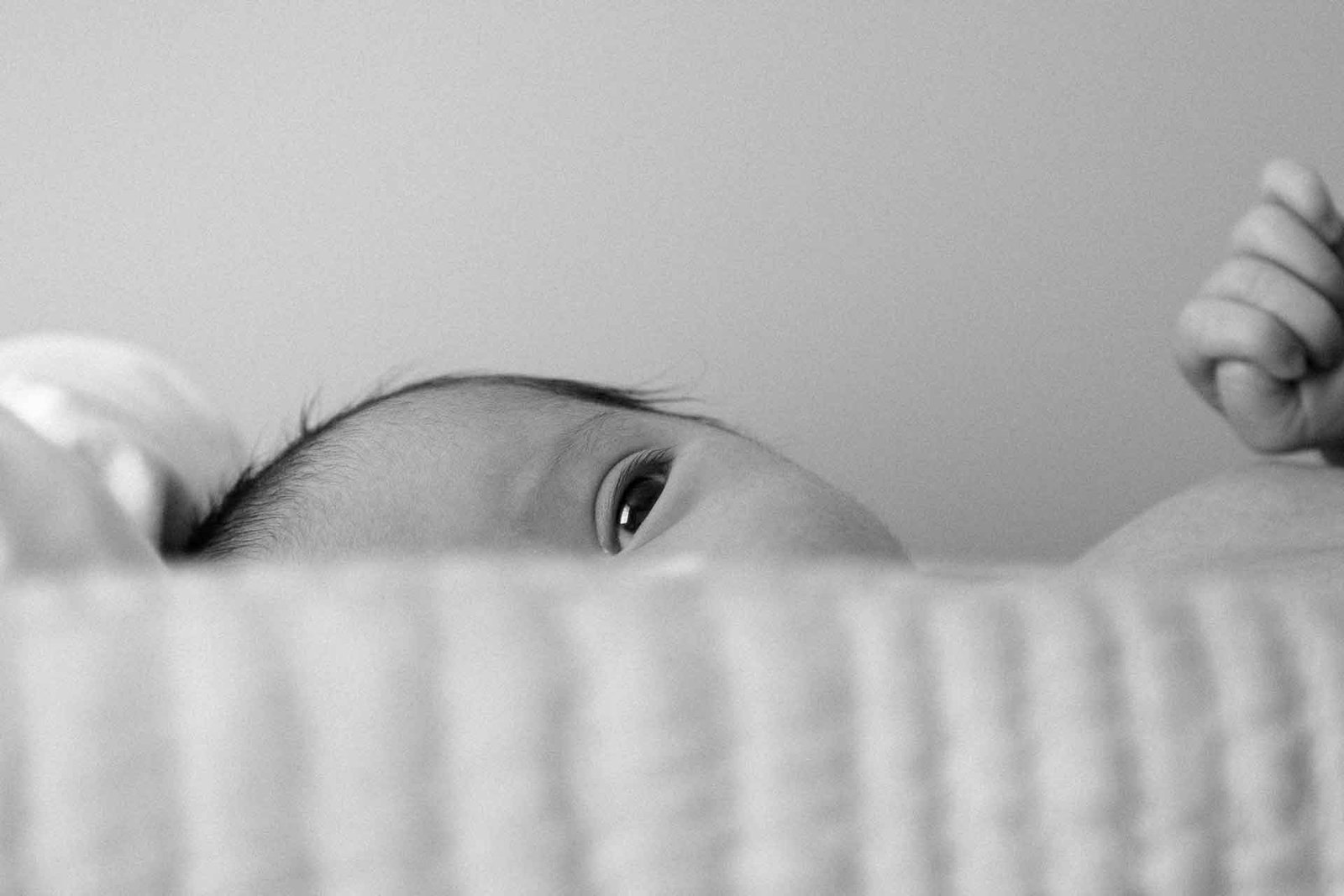
Note: This is the third article in the topic of giving birth in Madeira.
Previously:
Pregnant in Madeira. What to expect when you are expecting on the paradise island
So here we are, I am after a planned C-section on my bed in the Hospital Nelio Mendonca. The anaesthesia is working, so nothing is hurting much.
Postnatal care rooms are for 3 people. They are simple: a wardrobe and a lunch table with a couple of chairs are in the room. But the windows face the ocean like in a hotel.
My husband brings in our baby – he was hanging out with her waiting for me to come from the intensive care. She is very small and sweet. Nurses call her fofinha or cutie in Portuguese. Probably they say it about every child but as a new mom, I am happy to have a social proof that we’ve done a good job.
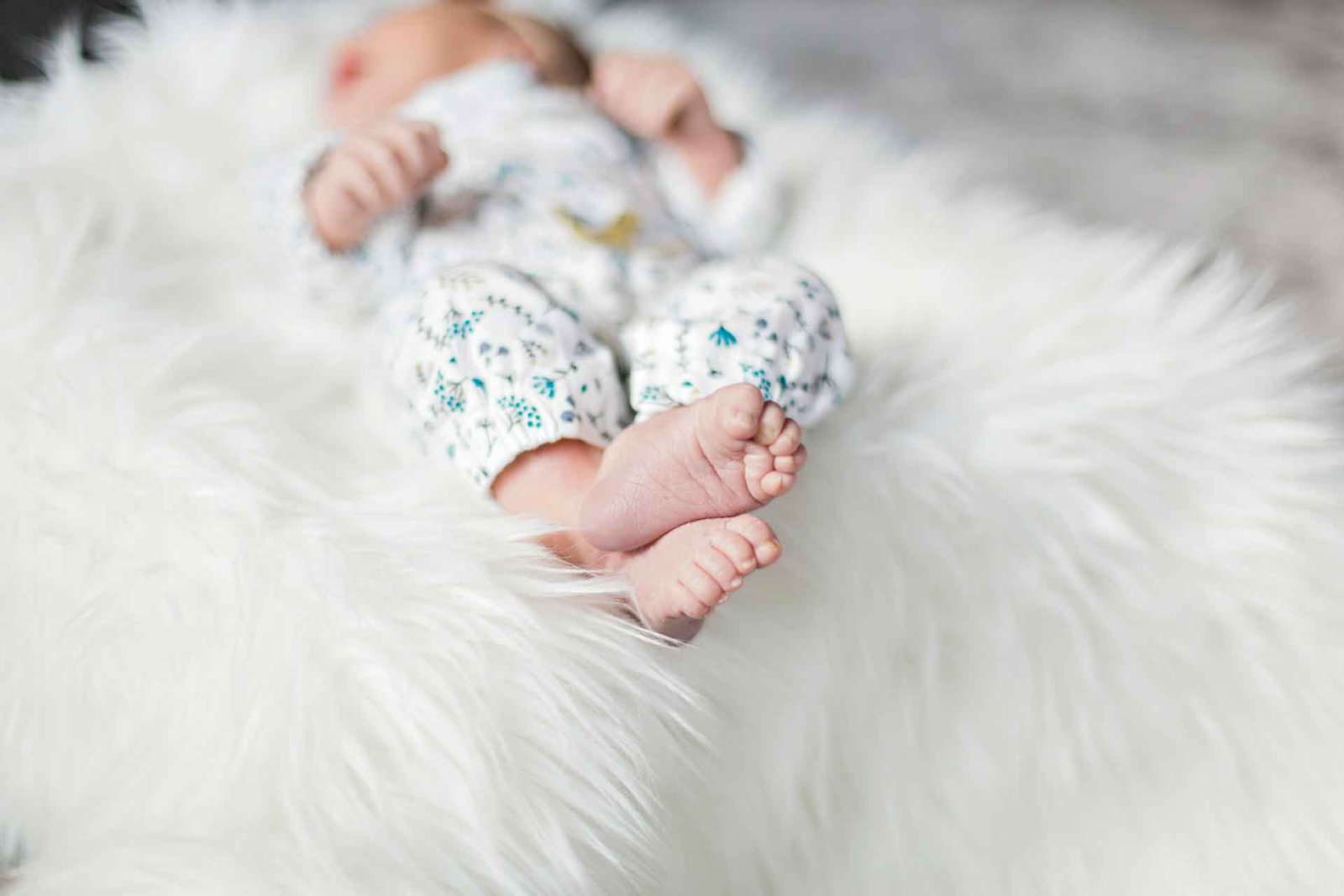
A nurse tells me apologetically that they already gave the baby a bit of formula because she showed signs of hunger. In the postnatal care, they promote breastfeeding over formula, and also some mothers may be unhappy if the baby is given anything other than her milk.
But if you don’t have milk or intention to breastfeed, nurses are ok to supply you with formula any time with a neutral attitude – without any encouragement or reproach.
The nurse, though, reminds me that I should start trying to breastfeed right now – it helps milk production. I am lying on one side or another with the baby and it hurts so much with the fresh wound! It was my first serious surgery and I thought I would be lying down like timber without moving. But the baby needs care so here I am rolling from side to side aching with pain.
Thank god, the bed is comfortable – with handles to pull yourself, buttons to move it higher or lower and up or down. And a button to call for a nurse. They check in on you once in a while, give you meds and change diapers of the newborns.
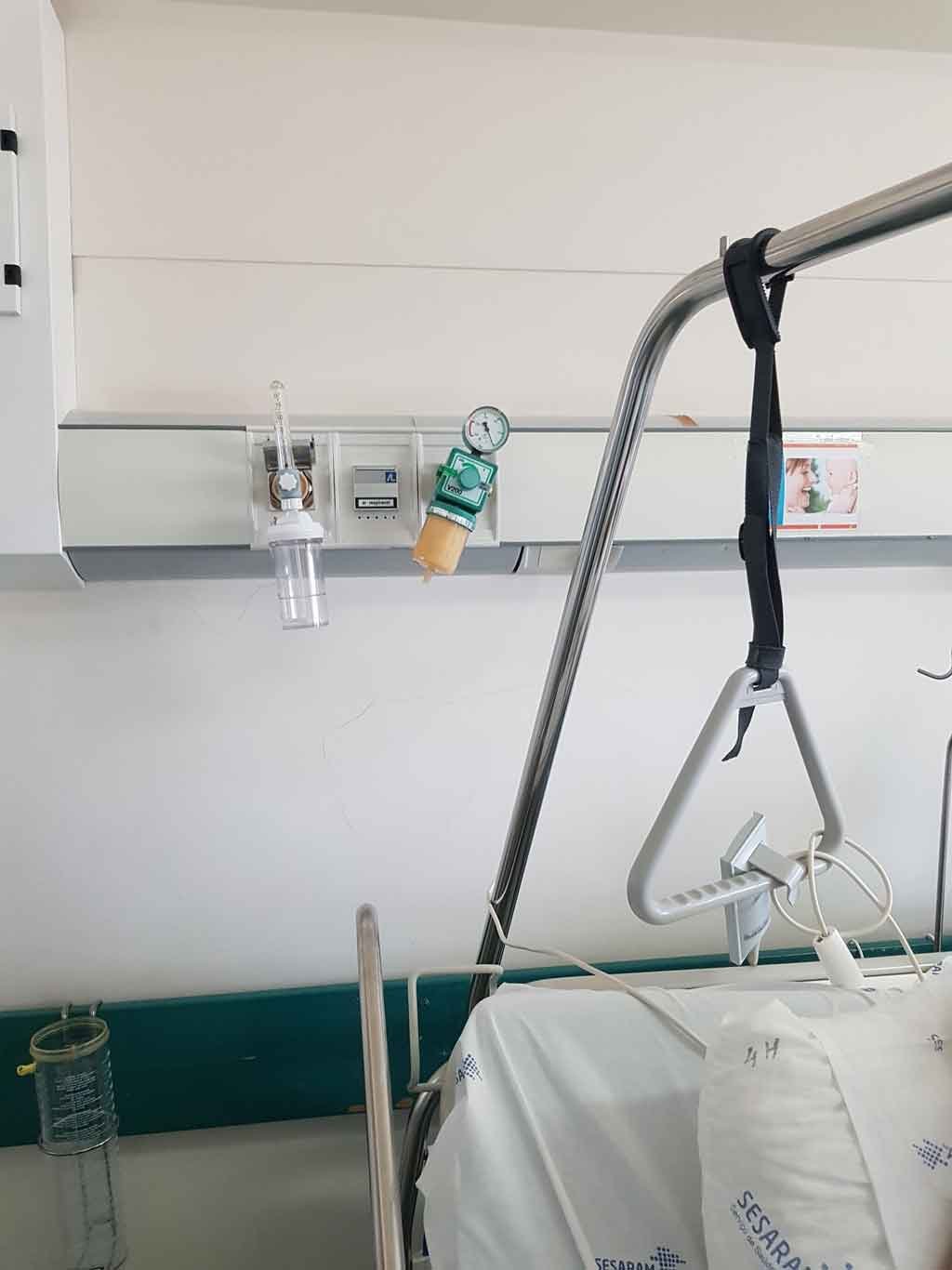
Like in a textbook – 12 hours after the surgery, at 5 am sharp, a nurse comes with a wheelchair. Time to shower. It is pitch dark outside and everyone is asleep. But rules are rules. Standing up after a C-section is recommended right after 12 hours so that you move the wound and connective tissue grows correctly.
Leaving the bed into the wheelchair is painful, the same as walking to the bathroom during the next days. But although I am the only one after the C-section in the room, there is another woman who is hurting almost as bad as I am – after natural birthing. I did manage to wash but the nurse helps me to dry myself.
And a surprise – I can only wash the front part of my body because there is still the epidural catheter in my spine which I didn’t notice.
Surprising coordination at the hospital: while I was away in the shower someone changed my bed linen – so I came back to a fresh bed. Later with other roommates, the pattern repeated: the shower time was used for cleaning and changing beds – to cause minimal discomfort to the patients.
All this time the baby is peacefully sleeping in a transparent bassinet, like a cute supermarket cart, near my bed.
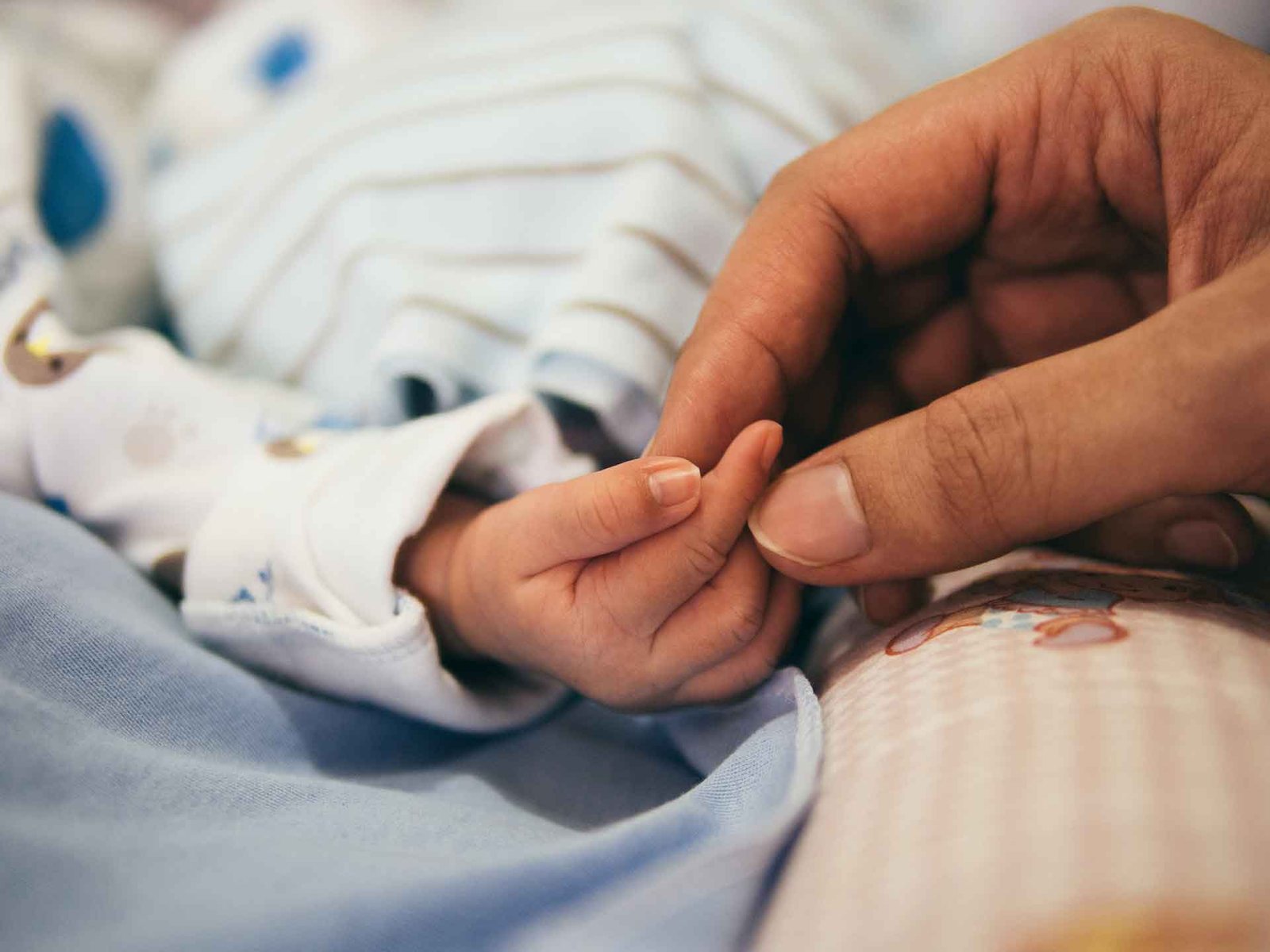
Two more women are in the room together with me, and today’s newborn is crying the whole night. I don’t blame the mom: you can’t be a perfect parent from day one. And Ivana, my 1-day old daughter, seems to not hear the screams – she keeps on sleeping.
The other woman is breastfeeding the whole night, having so much milk it is dripping through her pyjama. Something that I will know very soon but at that moment I don’t have milk yet so I am envious.
We sleep with Ivana bed to bed, she is in a hospital bassinet like a supermarket cart. All comfy and transparent. I am sleeping with one eye open but I am not feeling bad.
But the fatigue is there, so the worst moment so far in my 2 days motherhood experience happens. I put Ivana to breastfeed near me and… I fall asleep. I wake up and don’t see her. Terrified, I am turning around and find her peacefully sleeping in her bassinet, and the nurse is closing the door in our room. She should have taken my daughter from my bed – for safety reasons, and this happening within minutes. But I am so frightened I promise myself never do it again – putting her next to me when I am tired.
Nurses are a great help -, especially during the first 12 hours. But after I am taken to the shower I am expected to do everything on my own about the baby – no matter the wound. Especially because of the wound – for it to heal correctly.
Now I am on my own.
I’ve eaten 2 days ago because of the operation, and I am feeling extremely weak. My blood pressure is 35/85, and an anesthesiologist who comes to remove the epidural catheter from my back makes the nurses bring me soup because I almost faint.
Every morning I wait for my husband to come. Partners are allowed longer hours than usual visitors. So he comes right at 8 am. Visitors can come for a couple of hours around lunchtime and in the evening. Partners can stay with you practically the whole day except for some hours in the afternoon.
The nurses won’t let me eat before I poo. Seriously. They give you relaxants to facilitate the process. Thank God I don’t need to prove anything.
Finally, I deserved my dinner. Meals are included in the hospital treatment, and they are dietary – for new moms who breastfeed. A typical dinner would be fish, baked vegetables and potatoes + a fruit.
For lunch, add soup and jello. For breakfast, it is usually tea with a bun+butter. The food is not superb but it is edible. Good that during these first days you don’t need to think about your breastfeeding menu.
The postnatal care staff teach you how to give a bath to the baby. During your 3 days stay,
The first time it is the nurse who gives a bath and explains her actions, you look no touch.
The second time, you give a bath under the supervision of a nurse. The third time, you give a bath alone while the nurses hang out in the room.
Every morning, paediatricians come to check the babies. We also get out first vaccine and the hearing ability check.
Finally, day 4. I get discharged after the c-section. The pediatrician gives recommendations about the baby, and I get checked by an adult doctor. My scar is ready to live its life without any extra care. ‘Wash in the shower with soap, dry well’. That’s it.
Before you leave, you might want to register the baby – get the birth certificate. There is a registry office right on the floor, very convenient. And much easier than going to the official Conservatorio. But you need to know the baby’s name, this would be handy.
The government gives 400 euros for pharmacy for every baby born to nationals or residents in Portugal. We get out card after the birth certificate.
Congrats, you are out of the hospital!
What is next?
During the first 6 days after birth, you need to get to your health center and do Teste de Pezinho. My heart cries when the nurse pierces Ivana’s health with a needle to collect blood but this is a needed procedure – you get the information if the kid has any digestive illnesses. The results come in 2 weeks.
Then the health centre leads your baby. They make appointments for regular checks with the doctors and nurses, so just follow the rhythm.
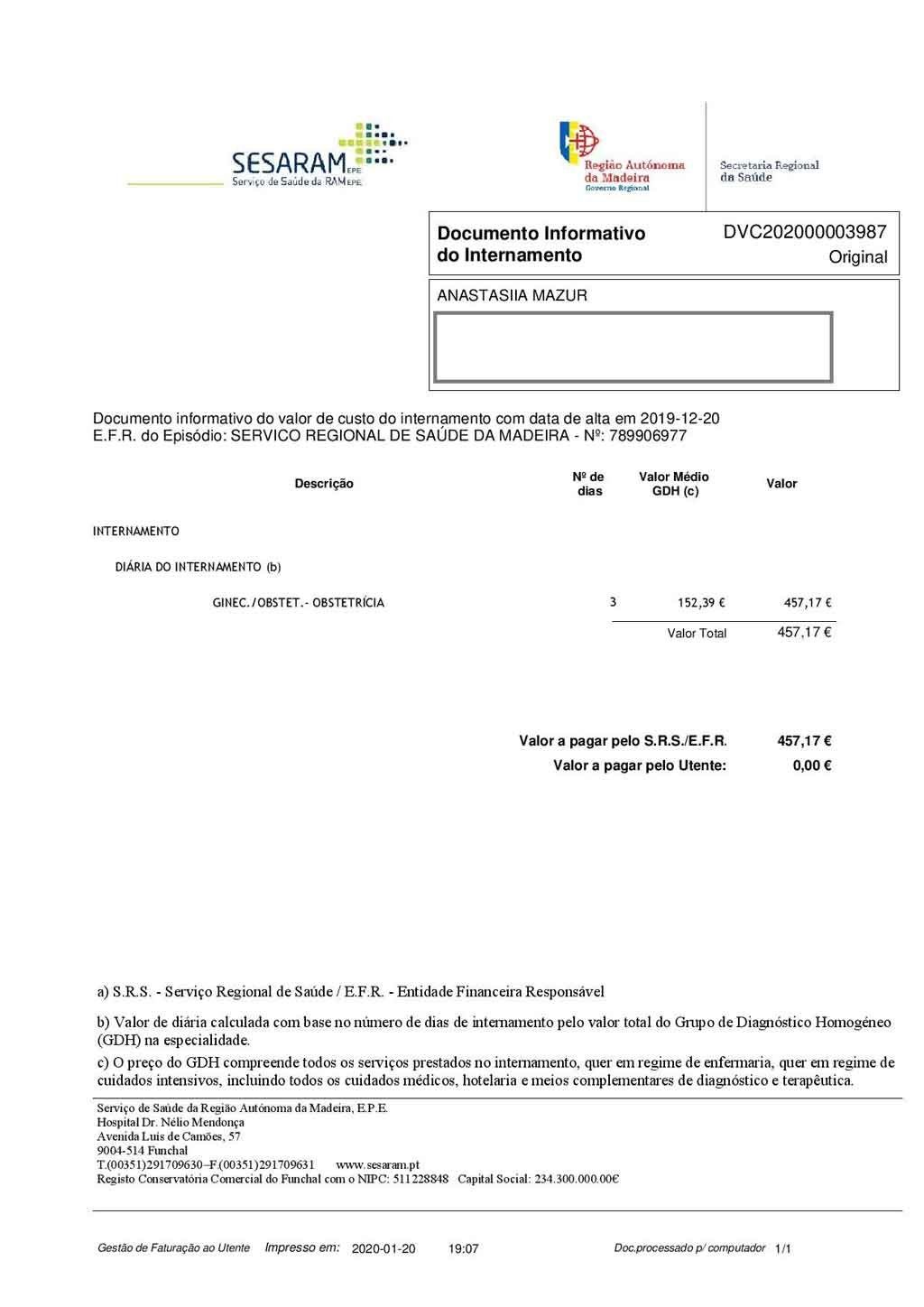
Several weeks after the discharge, I get the hospital bill in my email. 400 euros for myself and 600 euros for my baby. ‘This bill is for informational purposes only, no need to pay’. Nice, thanks.
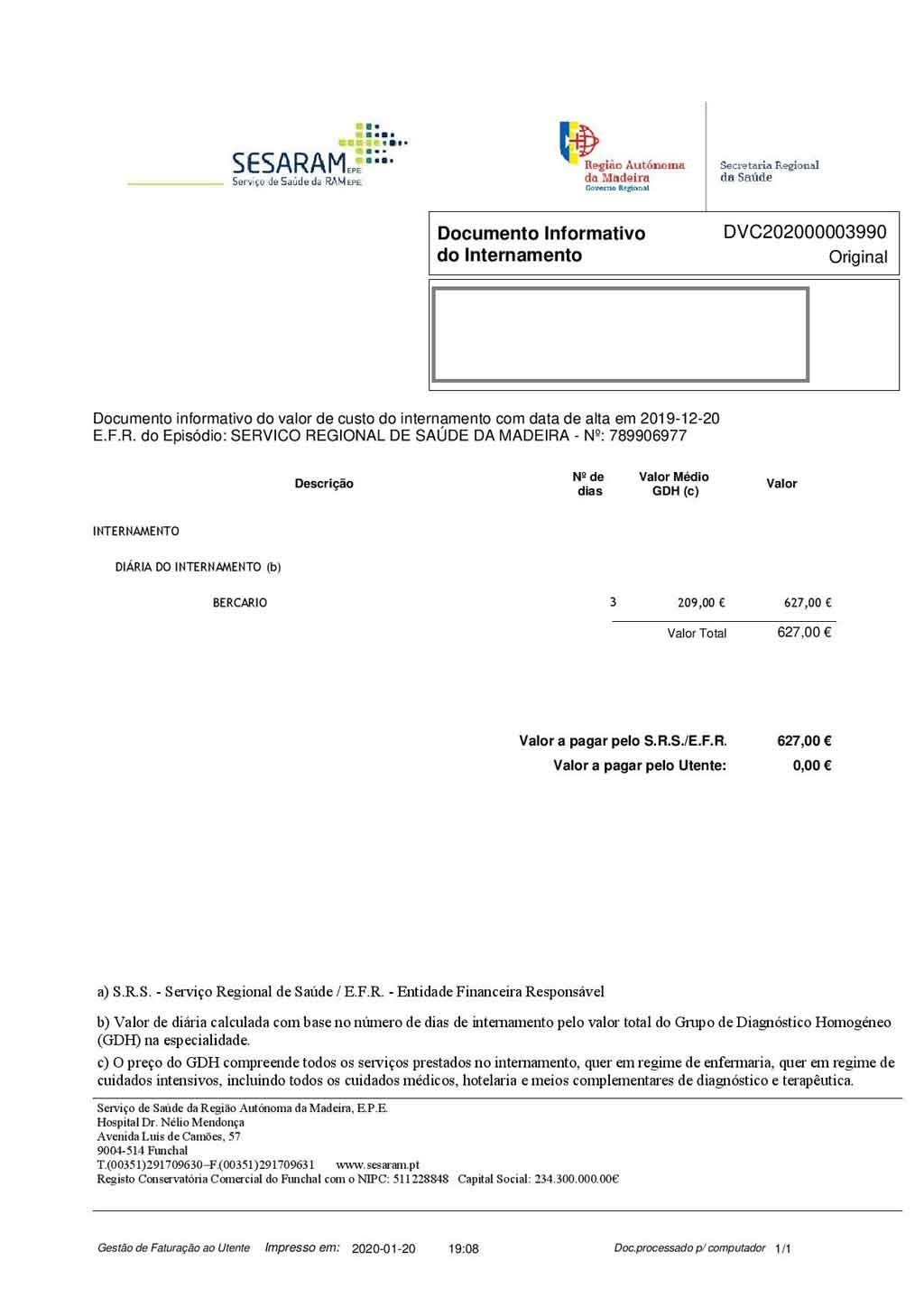
A final thought. Although this is my personal experience I’ve heard similar opinions from other women. While pregnant, they treat you like a queen – all attention and regular checks. But when the baby is out, it is all about the newborn, and as a woman, you are waste material. I had to remind and insist to be checked by the doctor and asked to go for an echo because I had pains in my abdomen. ‘It will either go away or you will have hernia’, the doctor in Hospital da Luz cheered me up.
Well sweetie, now you are on your own.
Spoiler: now, 6 months post-natal I still don’t have any hernia. Thank god, my birthing experience has been without any serious complications, the baby is fine, and I haven’t suffered any physical or psychological issues. So my hospital and post-birth care experience in Madeira has been quite fine. Should it have been different – I can’t know for sure that we would be given proper care. I hope you won’t know the answer to this question either.
